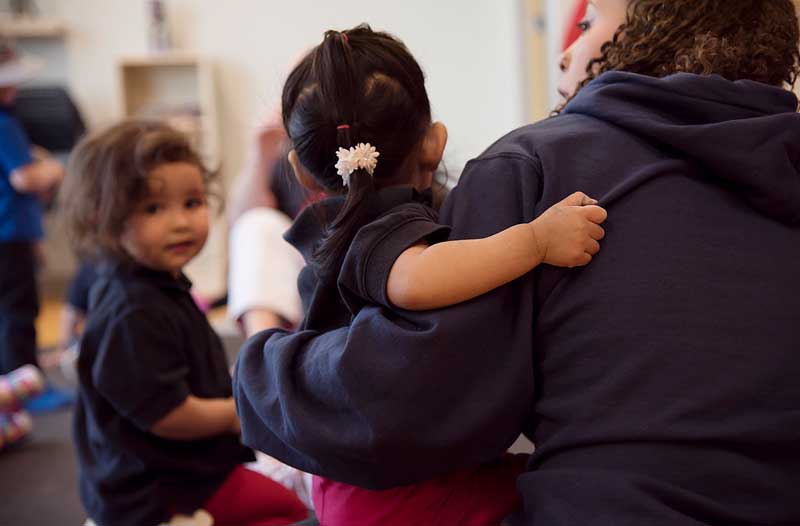Regression in Children During COVID-19: Are You Noticing Signs?

These are unusual times for families. Since the middle of March, we’ve been changing our home and work routines and adjusting our childcare supports, to adapt to the ever-changing health issue of coronavirus. These big changes can impact children. Parents may notice signs of “regression” but don’t know what it is, or what to do about it.
Sana Atiq-Omar (SAO Counselling) explains why your child is regressing and what you can do about it.
Why Is My Child Regressing?
As routines continue to be disrupted, some parents may find their little ones regressing —wetting the bed, even though they’re potty-trained, waking up at night, reverting to baby talk, extreme clinginess. Anxiety and stress can show up in children in various ways when they are feeling overwhelmed, and parents may start to notice signs of regression. Older children may be irritable, volatile, or ask for more help with their homework than usual. They may begin to cry or become teary-eyed for no apparent reason.
Children are seeking out two things during uncertain times: predictability and control. Here are four tips you can try at home to help your child if you notice signs of regression:
4 Tips to Help With Regression
- Connect: Your child needs to connect with you both physically and emotionally. Children need kindness, love, and support to feel safe to share their feelings openly. They also need physical connection: some snuggles and hugs or a loving squeeze of their arm. To prevent children’s nervous systems from going into “fight, flight or freeze” responses, they need strong, stable connections with their caregivers.
- Provide Structure: Children thrive in routine and as their routines have been drastically disrupted, it may be helpful to sit down as a family and come up with a daily schedule that works for you. Including your child in that schedule will help them to feel like they have some control as well.
- Stay Active: Whether you’re going out for a walk, doing a yoga class online together, or playing a sport in the backyard, it’s incredibly helpful to get children moving and get their energy out to help their emotions stabilize.
- Take Care of Yourself: you can’t pour from an empty cup. Practice self-care and recognize when you yourself need support to maintain your own anxiety. Children feed off of our energy, so in order for us to remain calm ourselves, we need to ensure we are aware of our own stress. Take breaks from homework, housework, and chores when you need too. Make time for yourself and put it in the schedule — including reaching out for support for your unique needs. I can help!
Telepsychology Can Make a Difference
My name is Sana Atiq-Omar, and I offer telepsychology through my counseling practice. If you have any questions or concerns about your child, feel free to connect with me through e-mail, phone, or text message for a complimentary 15-minute phone consult. I offer online (virtual) therapy and specialize in individual, family, and child-centered therapy. info@saocounselling.ca / 587-487-0774
For more information, go to www.saocounselling.ca
Read my most recent blog post, “We are all in the same boat, but not“


